Slip and fall incidents may seem minor to some, but they can lead to significant injuries and expenses for the victim. If you’ve been injured in such an incident due to someone else’s negligence, you may be entitled to compensation.
Understanding the process and knowing what steps to take is crucial in ensuring you’re adequately compensated. Here are 10 key things you should be aware of when seeking redress for your slip and fall injuries.
Basics of Liability
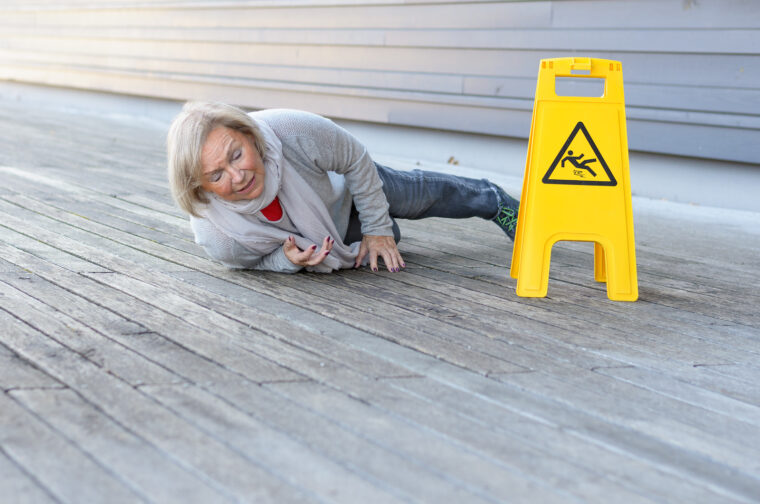
Before diving into the specifics, it’s essential to understand the basic concept of liability. In the context of slip and fall incidents, liability refers to the legal responsibility of a person or entity for the accident. To claim compensation, you must prove:
- The property owner or occupier owed you a duty of care.
- They breached this duty.
- This breach directly led to your injury.
For example, if a store owner leaves a wet floor without putting up a warning sign and you slip and get injured, they might be held liable. Check out calillaw.com for more information.
Gather All Relevant Evidence
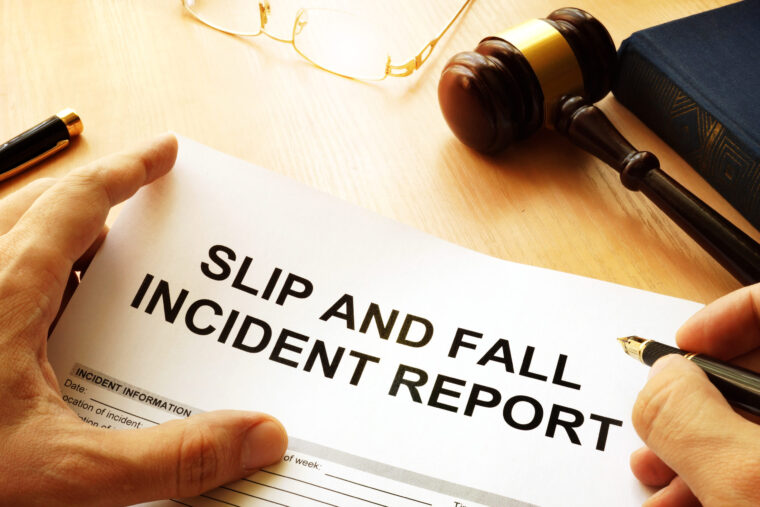
The more evidence you can collect, the stronger your case will be. Consider the following:
Photographs: Take clear photos of the exact location where you fell, any hazards (like a wet floor or cracked pavement), and your injuries.
Witnesses: If someone saw you fall, take their name and contact details. Witness testimonies can be pivotal in proving your case.
Incident Reports: If your fall happened at a commercial establishment, they might have a process for reporting such incidents. Ensure you get a copy.
Medical Records: These are vital to demonstrate the extent of your injuries and the associated costs.
Seek Medical Attention Immediately
Your well-being should always be the top priority. Even if you feel fine, some injuries manifest symptoms later. Moreover, immediate medical attention solidifies the link between the incident and your injuries, which can be invaluable for your claim.
Continuing on the importance of seeking immediate medical attention, it’s vital to understand that this step is not just about your current health, but also about future implications. When you visit a doctor right after the incident, you create a documented record of your injuries. This documentation can be a critical piece of evidence if your case goes to court. It establishes a clear timeline that links the accident directly to the injuries sustained. Without this, it can be challenging to prove that your injuries were a direct result of the incident.
Additionally, follow all the medical advice and treatment plans your healthcare provider recommends. Failing to follow through with treatments, or missing appointments, can weaken your claim. It may suggest that your injuries are not as severe as claimed. Remember, the opposing party in your claim will scrutinize these details. Keeping a detailed record of all your medical appointments, treatments, and related expenses is crucial. For those unfamiliar with how these processes work and their importance in a legal claim, it’s beneficial to learn more here, where you can find comprehensive information and guidance. This knowledge will help you navigate the complexities of your case with more confidence and clarity.
Notify the Responsible Parties
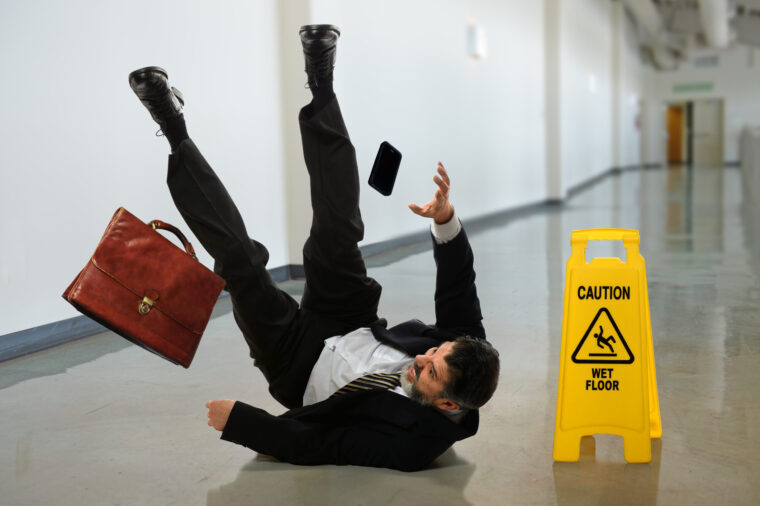
After ensuring you’re safe, inform the property owner or manager about the incident. If it’s a business, they might have protocols for such situations. Remember not to sign any documents or accept any compensation offers without consulting a lawyer.
Statute of Limitations
The statute of limitations determines the timeframe within which you must file your claim. This period varies by jurisdiction but often ranges from one to three years. Missing this window can jeopardize your right to compensation, so act promptly.
Determine the Value of Your Claim
This goes beyond immediate medical bills. Consider:
Past and Future Medical Expenses: This includes surgeries, therapies, medications, and any other foreseeable medical costs.
Lost Wages: If you’re unable to work due to your injuries, calculate the income you’ve missed out on.
Pain and Suffering: This encompasses the physical pain and emotional trauma stemming from the incident.
Punitive Damages: In cases of extreme negligence, the court might award additional damages as a punitive measure.
Speak with a Personal Injury Attorney
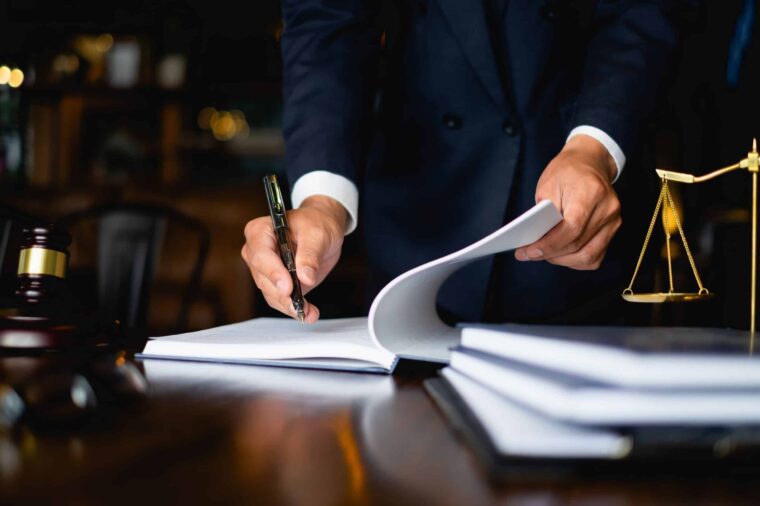
Navigating the legal maze can be daunting. A seasoned attorney can guide you, negotiate with the other party on your behalf, and ensure you get the compensation you deserve. Many operate on a contingency fee basis, meaning they only get paid if you win.
Beware of Early Settlement Offers
It’s not uncommon for the liable party’s insurance company to approach you with a settlement offer soon after the incident. While it might be tempting to accept and move on, these offers typically undervalue your claim. Consult with your attorney before making any decisions.
Keep Detailed Records
From the moment the incident occurs, maintain a diary detailing everything. Include the events leading up to the fall, how you felt afterward, medical treatments, and any other related expenses. This record will be invaluable when presenting your case.
Know When to Settle or Go to Trial
Most slip and fall claims get resolved out of court. But sometimes, especially when the liable party is unwilling to offer fair compensation, a trial becomes necessary. Your attorney will advise you on the best course of action based on the strength of your case and potential compensation.
Be Mindful of Contributory Negligence
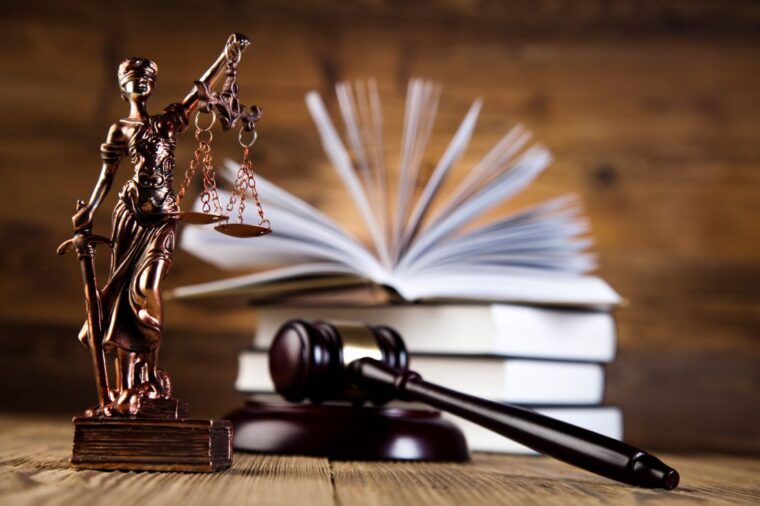
In some jurisdictions, the concept of contributory or comparative negligence applies. This means that if you were partially at fault for your fall, your compensation might be reduced proportionally. For instance, if you were found to be 30% responsible for the accident because you weren’t paying attention, your total compensation might be reduced by 30%. It’s essential to understand how these rules might apply in your case, and a skilled attorney can advise on this.
Maintain Confidentiality
Social media has become a part of our daily lives, but it’s crucial to be cautious about what you share after an accident. Posting about your incident or recovery might seem harmless, but it can be used against you. For example, if you claim severe injuries but then post pictures of yourself hiking, it can undermine your case. Always consult with your attorney before sharing any information publicly.
Attend All Medical Appointments
Consistent medical attention not only aids in your recovery but also strengthens your case. If you miss appointments or don’t follow the doctor’s orders, the opposing side might argue that your injuries aren’t as severe as you claim. Ensure you’re diligent in seeking and adhering to medical advice.
Prepare for Deposition
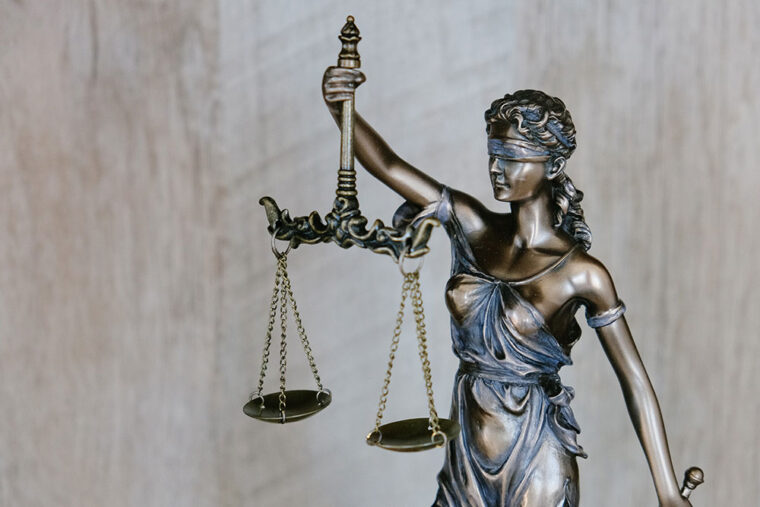
During the legal process, you might be asked to give a deposition – a sworn out-of-court testimony. It’s crucial to be honest and consistent in your statements. Your attorney will guide you on what to expect and how to prepare, ensuring you present your case in the best possible light.
Emotional Toll
Slip and fall cases can be emotionally taxing. You’re dealing with physical pain, the stress of medical bills, potential loss of work, and then the legal battle on top of it all. It’s vital to acknowledge the emotional and mental strain and seek support when needed, whether it’s from loved ones, professionals, or support groups.
Navigating the aftermath of a slip and fall injury can be overwhelming. However, understanding the process and being proactive can significantly influence the outcome. With the right information and support system, you can ensure you’re compensated fairly for the physical, emotional, and financial toll of the incident. Always remember to prioritize your well-being, seek expert advice, and remain patient and persistent in your pursuit of justice.
